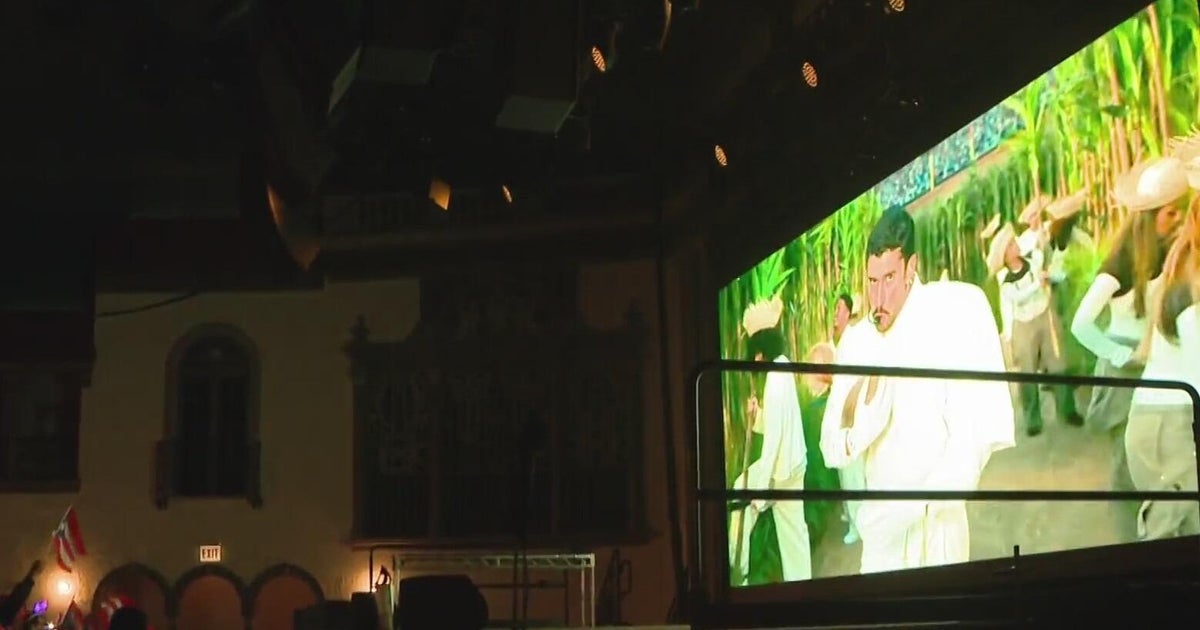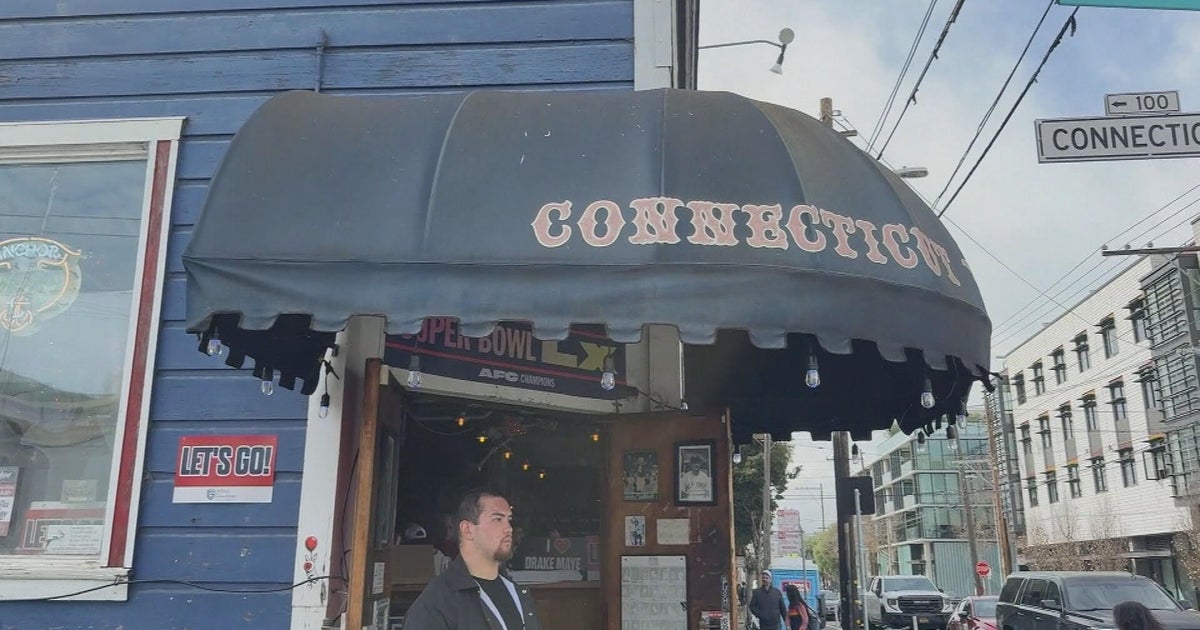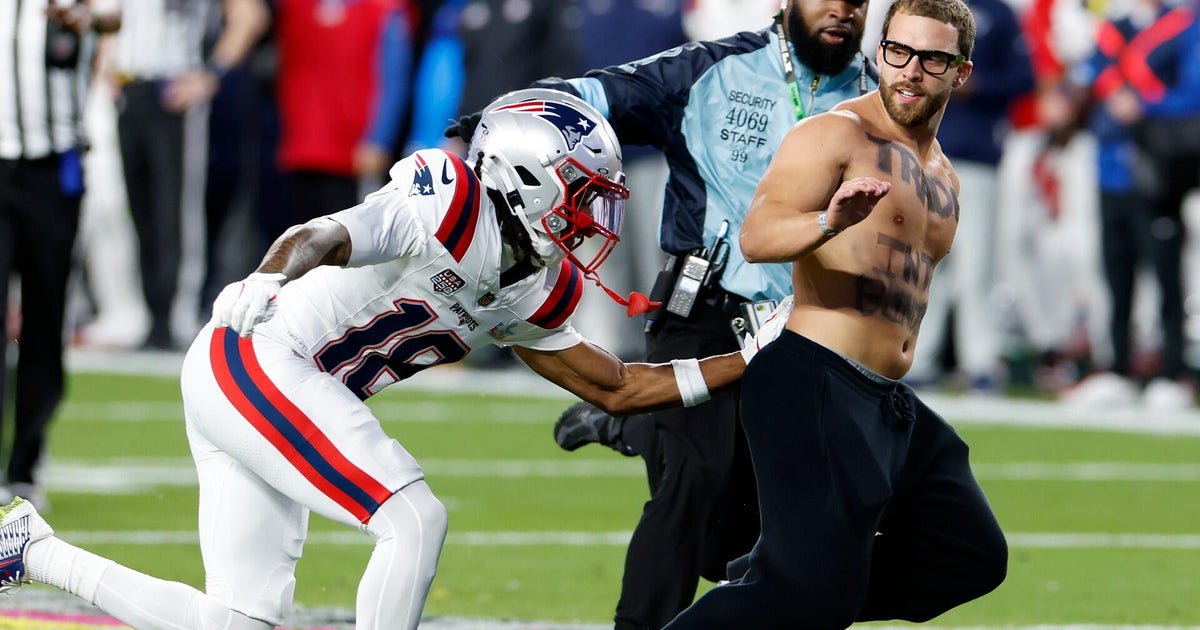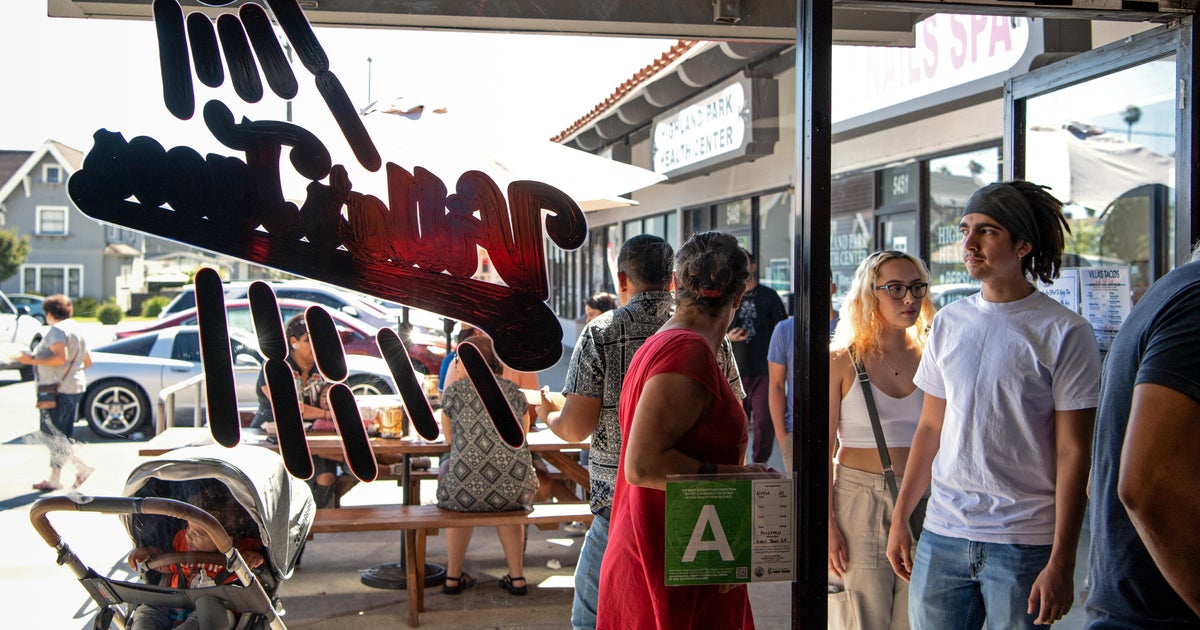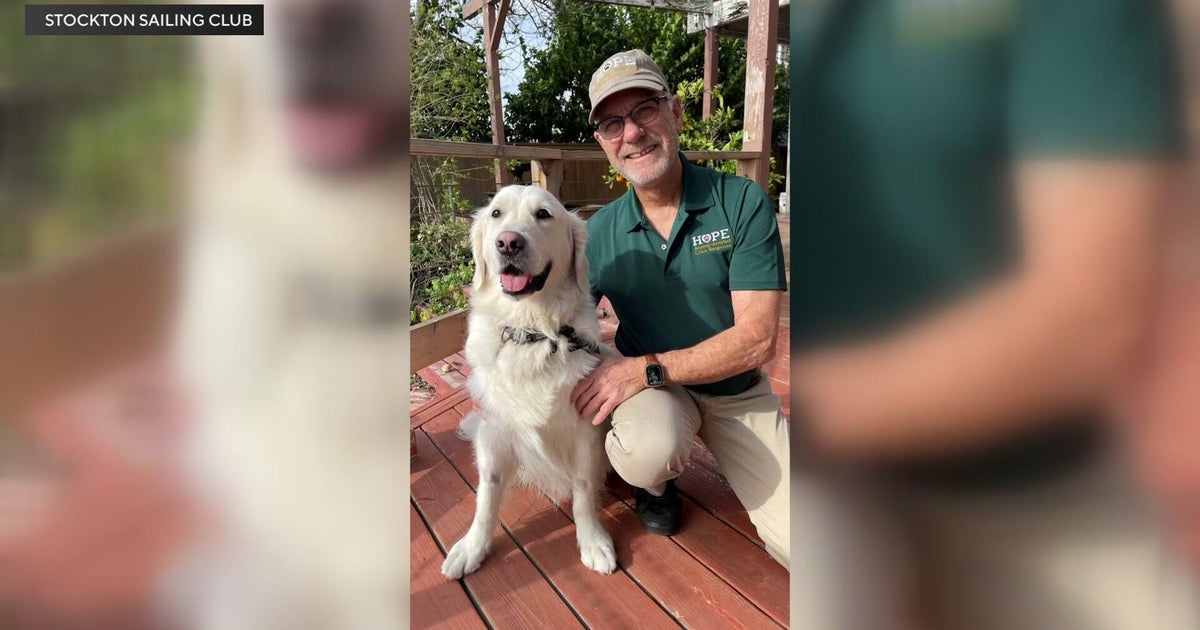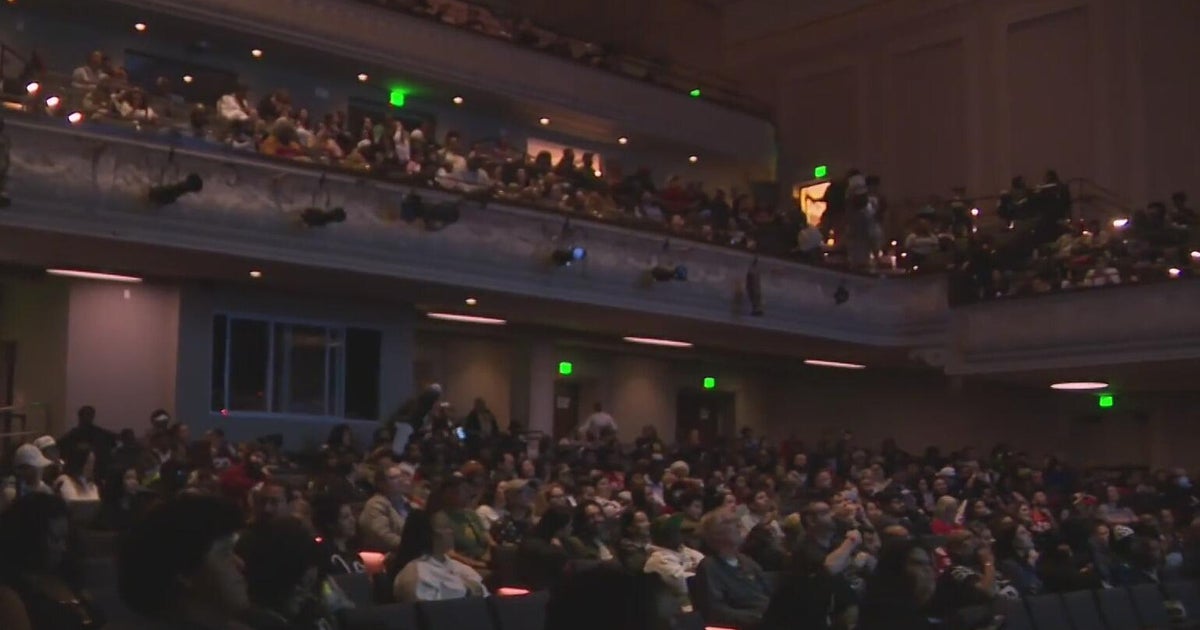Super Tuesday, Florida Style
Follow CBSMIAMI.COM: Facebook | Twitter
TALLAHASSEE (NSF) – Several years ago, Florida lawmakers couldn't set the state's presidential primary date early enough in the calendar --- sometimes breaking rules to make sure the Sunshine State would be close to the dates for voting in early testing grounds like Iowa, New Hampshire, South Carolina and Nevada.
Now, lawmakers want to move it again --- but this time, legislative leaders are considering pushing the date back.
Such a change isn't needed to bring the primary in line with the national parties' rules for voting and avoiding penalties like the loss of delegates to the political conventions. The Legislature already took care of that with a 2013 change in state law. That change required the state to hold its primary on the first Tuesday allowed by party rules, or March 1 in 2016.
According to the joint Tallahassee bureau of the Tampa Bay Times and the Miami Herald, Sen. Garrett Richter, R-Naples, is working on a bill that could bump the date of the primary back another two weeks, to March 15, 2016. Doing so could allow Florida to hold a different kind of sway than going first --- by going big. Later states can award all their delegates to one candidate, as opposed to breaking them up proportionally among multiple candidates. That would make Florida an even bigger treasure trove for the candidate who carries the state.
Speaking to reporters Thursday on the sidelines of a meeting of the university system's Board of Governors, Senate President Andy Gardiner, R-Orlando, indicated he was open to the move.
"I think there's some discussion about how do you make them relevant. ... There's probably a good chance that there's going to be some legislation filed to make that happen," Gardiner said.
And what would that entail?
"We ought to be in a situation where, maybe it's winner-take-all, and it's pretty relevant, but you stay within that criteria where you don't get penalized," Gardiner said.
As the Times/Herald noted, the move could blow up or at least lessen the impact of an effort by several Southern states to create a regional primary that could shape the race for the GOP nomination. (And, for that matter, the Democratic nomination, should anyone decide to challenge former Secretary of State Hillary Clinton.)
SHARPENING THE KNIVES
Presumably, a later primary in Florida could help former Gov. Jeb Bush or U.S. Sen. Marco Rubio if they are slugging it out with other Republicans for the presidential nomination. All signs point to Bush running next year, though Rubio's intentions are a little fuzzier.
Nevertheless, the Florida Democratic Party is going after Rubio, who is scheduled to appear Friday in Miami as part of a book tour. State Democratic Chairwoman Allison Tant and Vice Chairwoman Annette Taddeo will hold a conference call with reporters to bash Rubio.
"While Rubio clearly prefers to shirk the duties Floridians elected him to, they deserve more from their elected officials than a book salesman desperate for attention,'' the Democratic Party said in a news release announcing the Friday morning conference call.
MESSAGE TO GAMBLING LOBBYISTS: GET BACK, JACK
Not long before the Senate Regulated Industries Committee heard an update Wednesday about the state's gambling deal with the Seminole Tribe of Florida, the panel unanimously passed a measure that would crack down on doping of greyhounds and thoroughbreds.
The bill's sponsor --- the ever-outspoken Sen. Jack Latvala --- issued a stern warning to gambling lobbyists just before the unanimous approval of the measure (SB 226).
Gambling is one of the major issues facing lawmakers during the 2015 legislative session. On the table: renewal or extension of a five-year deal brokered by former Gov. Charlie Crist that gave the Seminoles exclusive rights to operate banked card games like blackjack at five of its seven casinos. The state stands to lose more than $100 million a year if the card game provision expires at the end of July, which is what will happen if the Legislature does nothing.
Gambling bills have a tendency to drown under their own weight after becoming "trains" crowded with the wish lists of dog and horse track operators, horse breeders and trainers, and, most recently, out-of-state casino owners eager to do business in the Sunshine State.
But that's not likely to happen with the doping bill, if veteran lawmaker Latvala has his way.
"There's some concern that this bill might become the vehicle for something else in the gaming world," Latvala, R-Clearwater, said. "I mean what I say, and I say what I mean. This bill is going to go out of this Legislature as a freestanding bill. … This is all this bill's going to do."
The News Service of Florida's Brandon Larrabee And Dara Kam contributed to this report.

